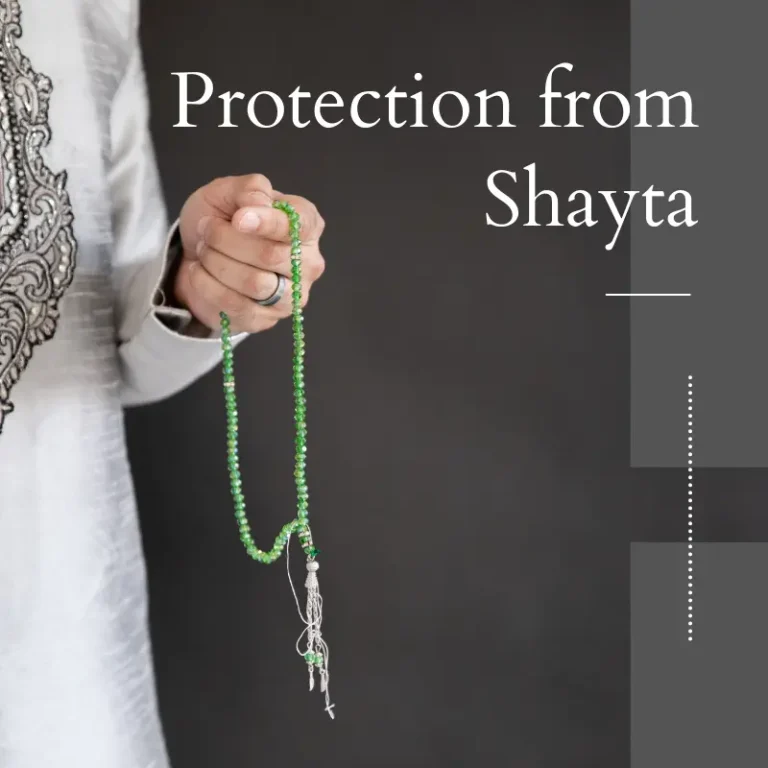Life Insurance in Islam
Life insurance is a financial tool that provides individuals with protection and peace of mind, ensuring financial stability for their loved ones in the event of their demise. However, for Muslims, the concept of life insurance raises questions due to religious beliefs and principles. In this article, we will explore the topic of life insurance in Islam, its compatibility with Islamic teachings, and alternative options that Muslims can consider.
The Concept of Life Insurance in Islam
Understanding the Principles of Islamic Finance
Islamic finance is based on the principles of Sharia, which prohibits certain financial practices, such as usury (riba) and gambling (maisir). The fundamental principles of Islamic finance include:
- Prohibition of Riba (Interest): Islam prohibits the charging or receiving of interest, as it is considered exploitative and unfair.
- Avoidance of Gharar (Uncertainty): Contracts in Islamic finance should avoid ambiguity and uncertainty to ensure fairness and transparency.
- Prohibition of Haram Activities: Investments in businesses that engage in activities forbidden in Islam, such as alcohol, gambling, or pork, are strictly prohibited.
The Challenges of Traditional Life Insurance
- Interest-Based Contracts: Conventional life insurance policies often involve interest-based contracts, which go against the principles of Islamic finance.
- Speculative Nature: Life insurance policies are perceived as speculative in nature due to uncertainties surrounding the occurrence of death and the potential payout.
- Risk of Gambling: Some argue that life insurance policies involve an element of gambling, as individuals pay premiums with the expectation of receiving a larger payout upon death.
Alternatives to Conventional Life Insurance in Islam
Takaful: The Islamic Insurance Solution
Takaful, also known as Islamic insurance, is an alternative that adheres to the principles of Islamic finance. It operates on the concept of mutual cooperation and shared responsibility among participants. Key features of Takaful include:
- Risk-Sharing: Takaful operates on the principle of tabarru, where participants contribute funds to a common pool to support and indemnify each other in case of loss or damage.
- Sharia-Compliant Investments: Takaful funds are invested in Sharia-compliant investments, ensuring ethical and lawful financial practices.
- Transparency and Accountability: Takaful operators are required to maintain transparency and provide detailed reports on financial transactions, investments, and claims.
Waqf-Based Life Insurance
Waqf is a charitable endowment in Islam, which can be utilized to address the financial needs of the beneficiaries. Waqf-based life insurance functions as follows:
- Creation of Waqf Fund: Individuals can contribute their wealth to a waqf fund designated for life insurance purposes.
- Beneficiary Allocation: The waqf fund is utilized to provide financial support to beneficiaries in the event of the participant’s death.
- Charitable Aspect: The surplus generated from the waqf fund can be directed towards charitable causes, providing long-term benefits to society.
Understanding the compatibility of life insurance with Islamic principles is crucial for Muslims seeking financial protection. While conventional life insurance policies pose challenges due to interest-based contracts and speculative nature, alternatives such as Takaful and waqf-based life insurance offer Sharia-compliant options. These alternatives not only provide financial security but also uphold the ethical and moral principles of Islam.
Is life insurance completely forbidden in Islam?
The concept of life insurance itself is not forbidden in Islam. However, traditional life insurance policies that involve interest-based contracts and speculative elements are considered incompatible with Islamic principles. Muslims are encouraged to explore Sharia-compliant alternatives like Takaful and waqf-based life insurance.
What are the main differences between conventional life insurance and Takaful?
The main differences lie in the underlying principles and contract structures. Conventional life insurance operates on the basis of a commercial contract where the insurer assumes the risk in exchange for premiums, including interest. Takaful, on the other hand, follows a mutual cooperation model, where participants pool their resources to collectively cover the risks. Takaful funds are invested in Sharia-compliant assets, and participants share in the profits and losses.
Can Muslims participate in conventional life insurance policies?
There is ongoing debate among Islamic scholars regarding the permissibility of participating in conventional life insurance policies. Some scholars argue that under certain conditions, such as when there are no Sharia-compliant alternatives available, Muslims may participate with the intention of fulfilling legal requirements. However, it is advisable for Muslims to consult with knowledgeable scholars to determine the appropriateness of such participation based on their specific circumstances.
Is life insurance acceptable in Islam?
Life insurance in its conventional form, which involves interest-based contracts and speculative elements, is considered incompatible with Islamic principles. However, there are Sharia-compliant alternatives available, such as Takaful and waqf-based life insurance, which adhere to Islamic principles and provide financial protection.
Is insurance policy haram or halal?
The permissibility of insurance policies in Islam depends on the type of insurance and its compliance with Sharia principles. Conventional insurance policies that involve interest-based transactions and uncertainty are generally considered Haram. However, Sharia-compliant alternatives like Takaful, which operate on the principles of cooperation and shared responsibility, are considered Halal.
What are Islamic views about insurance?
Islamic views about insurance vary among scholars. While some consider conventional insurance to be prohibited due to its non-compliance with Sharia principles, others argue for the permissibility of Sharia-compliant alternatives like Takaful. It is recommended to consult with knowledgeable scholars to understand the specific views and guidance on insurance in Islam.
What is Sharia life insurance?
Sharia life insurance, also known as Takaful, is an Islamic insurance model that operates on the principles of mutual cooperation and shared responsibility. Participants contribute to a common pool, and in the event of a loss, the funds are utilized to provide financial support. Takaful ensures compliance with Sharia principles by avoiding interest-based transactions and investing in Sharia-compliant assets.
Fatwa on life insurance in Islam
Fatwas, or religious rulings, on life insurance in Islam vary among scholars and Islamic organizations. Some scholars consider conventional life insurance impermissible, while others endorse Sharia-compliant alternatives like Takaful. It is advisable to seek fatwas from reputable scholars who specialize in Islamic finance and insurance.
Is life insurance halal Hanafi?
The Hanafi school of thought, one of the four major schools of Islamic jurisprudence, has differing opinions on life insurance. While some Hanafi scholars consider conventional life insurance impermissible due to its involvement of interest, others permit it under certain conditions. It is important to consult with a qualified Hanafi scholar for a comprehensive understanding of their perspective on the permissibility of life insurance.
Halal life insurance in the USA
In the USA, several companies offer Halal life insurance options, primarily through Sharia-compliant Takaful models. These companies ensure that their insurance products adhere to Islamic principles and do not involve interest-based transactions. Muslims residing in the USA can explore these Halal life insurance options to fulfill their financial protection needs while remaining in compliance with their religious beliefs.








